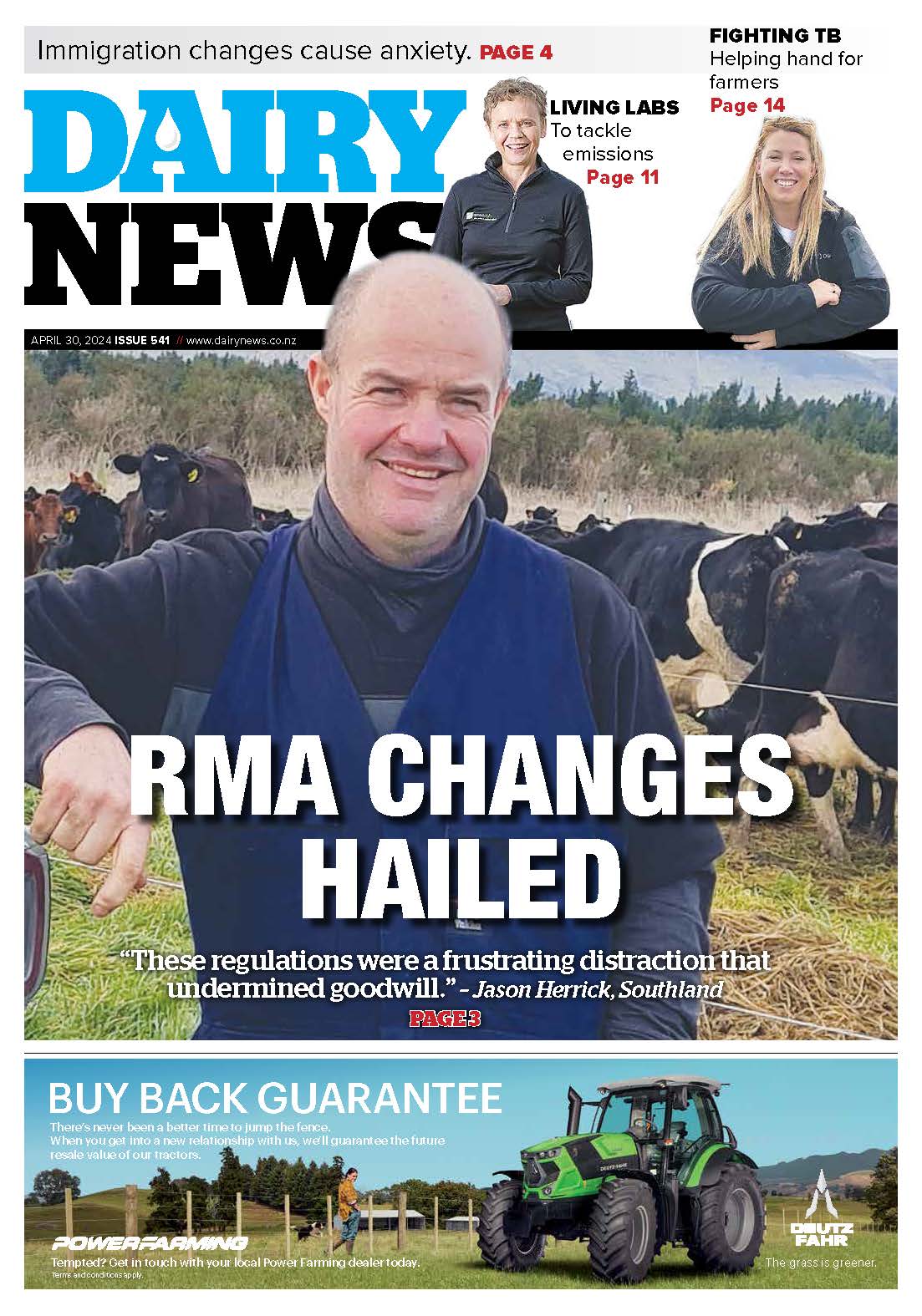Breeding for strains with the VSH (varroa specific hygiene) trait has resulted in some of Rainbow Honey’s hives in the Nelson area completely overcoming mite infestation.
Meanwhile Ron van Toor, of Plant and Food, says certain types of chelifer (aka pseuodo-scorpions) show potential for their ability to attack varroa in beehives, or any other new mite incursion which could become a problem.
“They’re fairly widespread in New Zealand and are found in many habitats – from tussock grasslands, to forest, to urban. And they have been observed in beehives in New Zealand.”
Van Toor looked at two species of chelifer and found both to feed on varroa, the best killing about two mites/day on average. “We calculate at that consumption rate it would be necessary to have about 25 active in a hive to give long-term control.”
The catch is that so far he and his colleagues haven’t managed to breed and rear in captivity that type of chelifer. The other type has been propagated in captivity, but when introduced to a hive bees kill it.
Van Toor’s also concerned that breeding for VSH could be selecting bees with a stronger eviction response to beneficial bugs such as the chelifer in the hive.
The way forward with chelifers as a control, he suggests, is to design a “hive mat” refuge which could be used to introduce them to a hive, and provide a safe haven from the bees when they’re in there.
However, current chemical varroa controls will kill the chelifers, so couldn’t be used with them. “At the moment, this would have to be an all-or-nothing approach… This is all new research and hardly anyone internationally has been looking at chelifers as a [varroa] control.”
Rainbow Honey’s Phillip Crop suggests high VSH hives wouldn’t need chemical varroa controls so early, if at all. “You’d need to test hives until they are all up to a safe level [of VSH],” he suggested.
In an NBA and Sustainable Farming Fund project Rainbow Honey selected 85 queens for raised VSH last spring then monitored varroa build-up in each queen’s hive over the summer.
The brood cells of four hives were varroa free, ie displayed 100% VSH, while 58% of hives were above the 35% VSH average of the previous season’s population. “So we felt we’d moved the genetics up.”
The average VSH score of the hives, at 44%, compared to the 35% starting point, also supports that. Year on year selection could further improve that, he suggests.
David McMillan, of Betta Bees, Mosgiel, also talked about selection for VSH, but suggests selection of bees by analysis of the whole genome, which Betta Bees is working on in partnership with University of Otago, offers much wider benefits. “If it comes off it will be the biggest technology leap for beekeeping since the moveable frame hive.”

















